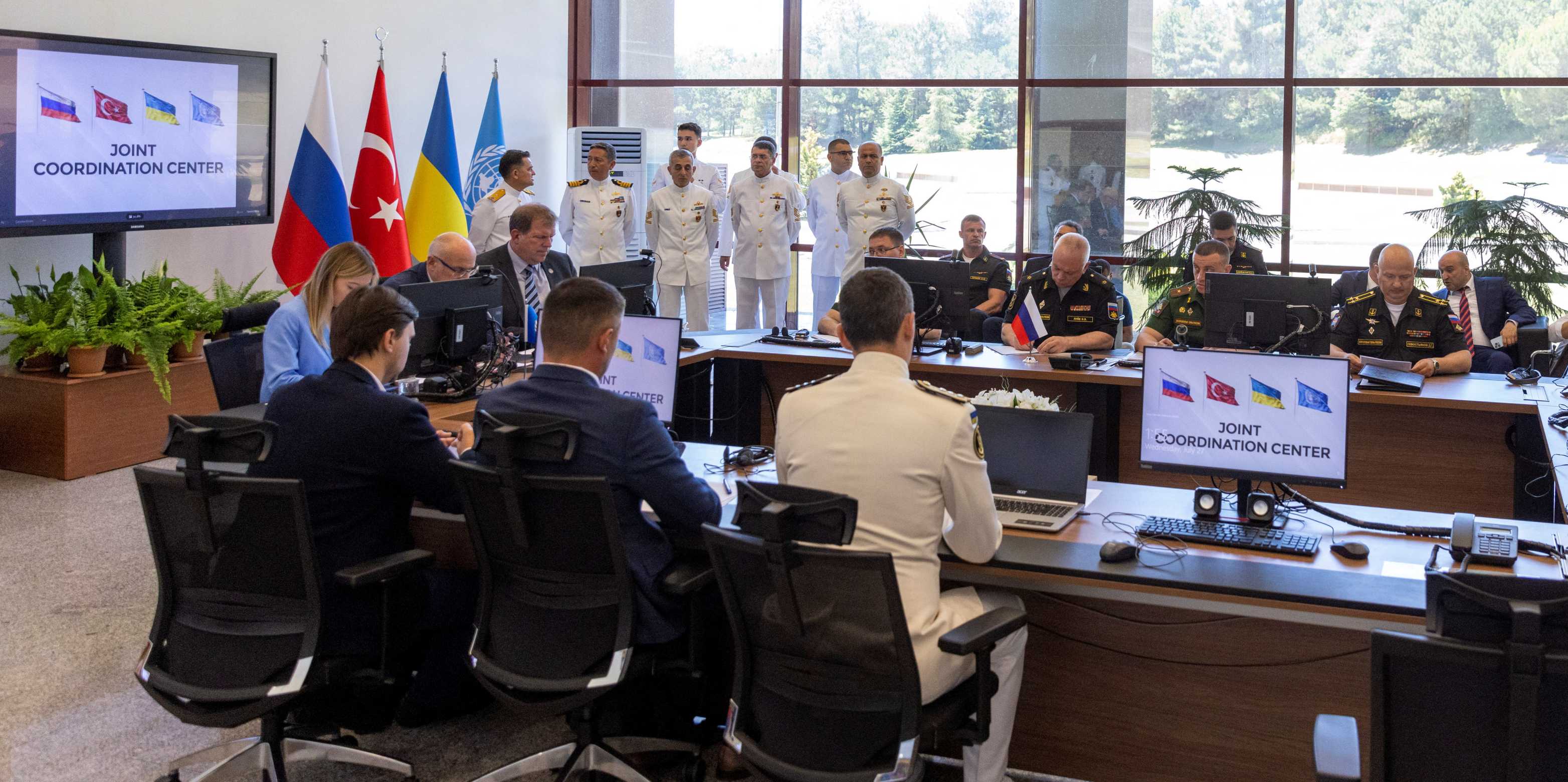Mediation as a State Enterprise in Türkiye
Türkiye’s geography and history, constructed as exceptional through decades of political discourse, enables Ankara to forge a distinctive state identity and position itself as an “in-between”. While this strategy opens the possibility for Ankara to play a mediating role in international conflicts, it also introduces a degree of ambiguity and unpredictability.

In April 2024, ahead of the Summit on Peace in Ukraine, Ukrainian President Volodymyr Zelensky external page stated that Türkiye would be among the countries that “can perform a mediation mission but not the mediation.” While acknowledging Türkiye’s efforts and willingness to mediate, he noted Türkiye’s “other interests and strong relations with Russia.” Zelensky’s statements highlight both Türkiye’s ambitious mediation efforts and the limitations of its role as a mediator in the conflict in Ukraine and beyond.
Over the past decade, President Recep Tayyip Erdogan’s government has institutionalized a political entrepreneurial mindset, enabling it to seize mediation opportunities as part of its broader order-setting aspirations in foreign policy. This strategic approach seeks to leverage Türkiye’s “in between” political position in international politics, emphasizing the country’s external page unique geography and history. Building on this narrative, Turkish foreign policymakers present Türkiye as a “reliable” mediator that offers a viable alternative to the West. This notion of exceptionalism underpins Türkiye’s mediation efforts in international politics. By combining the discourse of exceptionalism with humanitarian rhetoric, Ankara crafts a mediation strategy that progresses from facilitation to more directive approaches that entail an active role.
While much has been written about Türkiye’s external page balancing act between the West and Russia, this analysis specifically explores Türkiye’s mediation role, contextualizing it in its foreign policy. It examines how Türkiye, as a NATO member, has taken on the role of mediator in international conflicts and what sets Ankara’s mediation efforts apart. It begins by providing a brief overview of Ankara’s evolving foreign policy in the early 2000s. Next, it situates Türkiye’s mediation efforts within the context of its broader foreign policy goals. The analysis then explores Türkiye’s involvement in Somalia and its diplomatic efforts in the wake of the Russian invasion of Ukraine to understand the trajectory, conditions, and characteristics of Türkiye’s mediation efforts.